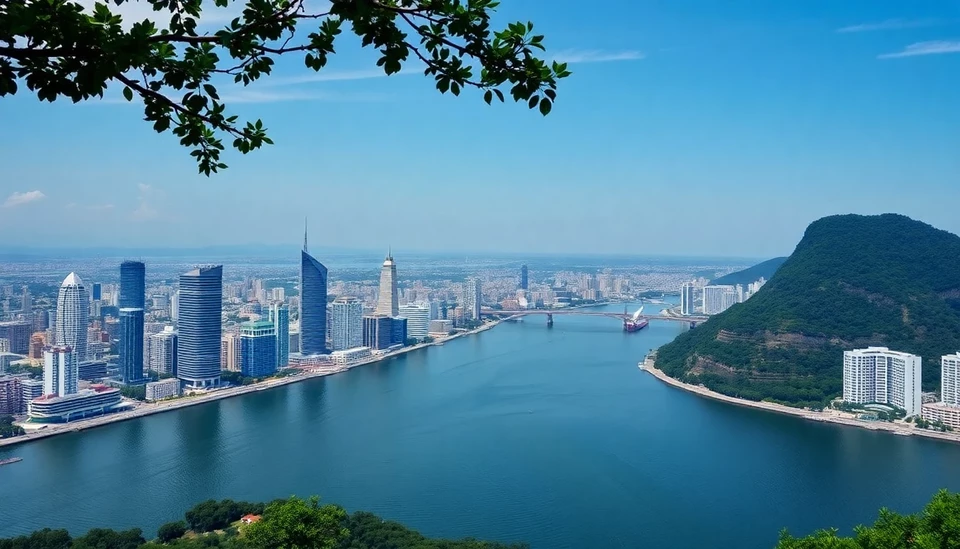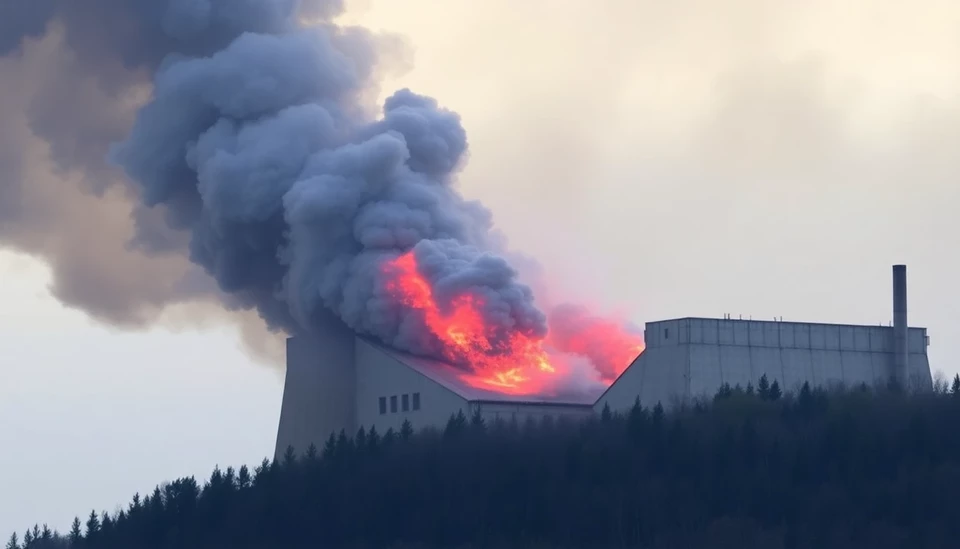
In a notable shift within the financial world, hedge funds are enjoying significant returns as Brazil grapples with a deepening fiscal turmoil. Investors, particularly those who have taken short positions, are finding themselves in an increasingly lucrative position as economic instability takes hold in Latin America's largest economy. This trend has sparked discussions on the broader implications for the Brazilian market and its future economic stability.
Recent revelations indicate that the Brazilian government is facing severe challenges due to skyrocketing public debt and a deteriorating fiscal outlook. These issues have led to heightened uncertainty among investors, causing them to reassess their strategies. For hedge funds, which often take advantage of market volatility, this has presented a prime opportunity. As the government struggles to implement policies to stabilize the economy, these investors are capitalizing on the downturn.
Analysts have pointed to various factors that have exacerbated the nation's financial woes. With inflation persistently high, the Brazilian Central Bank has found itself in a precarious position—balancing the need to raise interest rates against the risk of further stalling economic growth. The result has been a complex web of ideal yet challenging fiscal conditions for investors to navigate.
Amid the chaos, hedge funds have been executing short sales on Brazilian assets, including government bonds and equities, anticipating further price declines. Reports indicate that this strategy has paid off handsomely, as the Brazilian stock market and its currency have faced downward pressure. The yield on the country's government bonds has surged, indicating increased fear among investors regarding Brazil's creditworthiness.
As this trend continues, questions are being raised about the future of fixed-income investments in Brazil. Many institutional investors are now weighing the risks of holding Brazilian assets against the potential for greater returns elsewhere. The ongoing fiscal crisis has made it difficult for numerous sectors to operate effectively, particularly in light of the growing demands on the government’s budget.
This precarious situation has drawn attention from international observers and economists. With the potential for widespread fallout, including social unrest and diminished investor confidence, experts are urging the Brazilian government to take immediate action. Clear strategies and decisive fiscal reforms will be essential for restoring stability and addressing the underlying causes of the current crisis.
In summary, the confluence of factors contributing to Brazil's fiscal challenges has created a fertile ground for hedge funds to flourish through short selling. As the market reacts to governmental policies and economic indicators, it remains unclear how long this trend will continue or what the lasting impact on Brazil’s economy will be.
<>#> #HedgeFunds #BrazilEconomy #FiscalCrisis #InvestmentOpportunities #MarketVolatility #EconomicInstability #ShortSelling #<
Author: Rachel Greene




